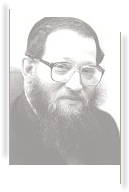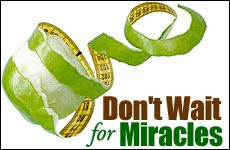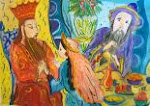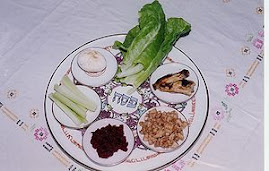Who is that person in the mirror? Is that really me or just a reflection of what I always wanted to be? What happened to that obese, miserable, hopeless person of a mere eight months ago? How did I morph into the person that I always dreamed of becoming, but never really believed I could become?
I was given the gift of desperation.
I had given up, accepting the fact that I'd always be a fat, miserable person, unable to control my compulsive overeating. I had given up my responsibility for type 2 diabetes, high blood pressure and high cholesterol, deciding they were just a normal part of getting old.
Then, eight months ago, I developed a pre-ulcer condition and was so miserable that I had to reduce my food consumption to avoid pain. I had been toying with the idea of joining Overeaters Anonymous (OA) for years, but I wasn’t prepared to give up my autonomy over my food choices. Suddenly, the thought of controlling my eating seemed to make sense. I started day one.
I didn’t come for vanity; I came to save my life.I was prepared to change my whole way of eating, but I had no idea how many more changes I had to make. Overeating has very little to do with physical hunger and everything to do with emotional needs. OA teaches ways to fill one's emotional needs without turning to food. There is a saying in OA: “I came for the vanity and stayed for the sanity.” I didn’t come for vanity; I came to save my life. I knew that I was killing myself with food, but I didn’t think there was an alternative.
How was I able to follow such a strict program, never once cheating? By working the tools of the program.
The tool that everyone wants to know about first is the eating plan (what, how much, and when you eat). We don't call it a diet because this is not a temporary change. This is a lifetime plan that changes eating from something that you do because you feel like it, to a commitment to eating what your body needs to be healthy. It's eating from necessity instead of desire. I used to think only angels could live like that, but now that I am following my eating plan, I see it is a very attainable goal.
Reading and writing are very important tools of the program. Every day I read OA inspirational literature and write about it. Most of the reading that we do is based on secular sources and this bothered me very much. In fact, it was one of the reasons that I put off joining OA. I created a personal solution to this by collecting inspirational material from Jewish sources and I created a blog called Torah Insights for OA. This was really a breakthrough for me because I found that my Jewish learning was strengthened by looking for things to share with others. Writing for my blog has been a tremendous growth experience and it has connected me with people all over the world.
Writing is also important because I record my daily plan of eating, and every night I write my four Gs -- my list of things that I am grateful for, the good things that I did for others, my glitches (what went wrong with my day) and my goals. This honest daily review of myself is an incredible tool for spiritual growth. In his class on Spiritual Accounting on AishAudio.com, Rabbi Yitzchak Berkowitz says that the one thing that our evil inclination wants to keep us from doing is a daily reckoning, because it is one of the most powerful tools for growth. The power of OA is that you have a sponsor who checks in with you to make sure that you did it (and you commit your day’s food to her also).
One of the most powerful tools of OA is the sense of fellowship -- there is always someone there to talk to who is going through the same things that I am going through. The weekly meetings are a tremendous source of strength and inspiration. When you look around the meetings and see the blend of people from all walks of life, all working together, unified in our shared humanity.
Controlling my eating habits is a daily spiritual victory over my lower self.Was it really so hard to lose 68 pounds? Yes and no. As a person who had become an observant Jew 30 years ago, I had already gone through a major process of transformation and discipline. I couldn't eat whatever I wanted in my mother’s kitchen; I couldn't participate in family parties without bringing my own food. I couldn't go just follow whatever whim and fancy I desired. I had chosen to sanctify myself by making careful choices that would nurture my spirituality. In a sense, I see my journey into OA as a further process of sanctifying myself by giving up my ability to do whatever my body desires. Controlling my eating habits is a daily spiritual victory over my lower self.
I have also seen God's incredible assistance throughout the process. He has reversed my diabetes, high blood pressure, high cholesterol, sleep apnea, and with His help I hope to lose more weight -- not to be skinny, but to be very healthy.
By willing to do whatever it takes to work the program, I "gave up" a lot. I no longer indulge myself with food and eat when I want and what I want. And what did I get in return? My self-esteem, good health, and a pretty skinny lady looking back at me in the mirror.
 Fear of disapproval can ruin a human being's life. It makes you overly conscious of what other people think. No mater what you do or don't do, there will always be people who disapprove. Keep your main focus on whether Hashem would approve, and if Hashem approves, then you can conclude that Hashem disapproves of other's disapproval.
Fear of disapproval can ruin a human being's life. It makes you overly conscious of what other people think. No mater what you do or don't do, there will always be people who disapprove. Keep your main focus on whether Hashem would approve, and if Hashem approves, then you can conclude that Hashem disapproves of other's disapproval.

































































